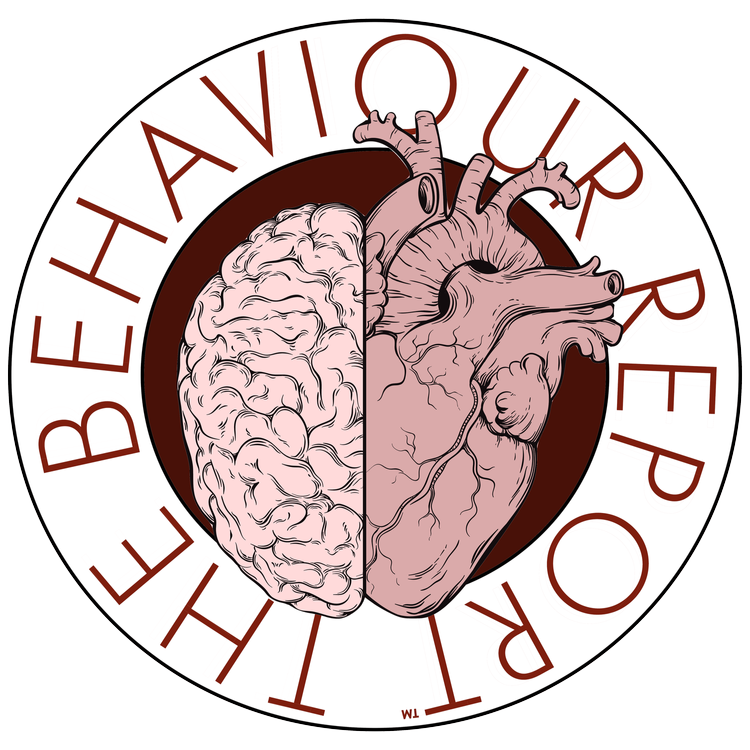Kieran Flanagan @ThinkKieranF
There is much academic research to support the fact that groups of diverse people who openly collaborate actually experience an increase in collective IQ.
This includes a range of experiments that were conducted by MIT in 2014, one of which saw a woman added to a homogenous group of men, resulting in an improvement in the group’s problem solving abilities.
The commercial world has also produced similar results under real world conditions. Diverse executive teams and boards have repeatedly demonstrated that they are better able to navigate crises, economic and otherwise, and recover more quickly and effectively than less diverse teams.
What these results point to, rather than simply affirming a “diversity agenda” based in social goals such as equality or fairness, is that having access to multiple points of view actually improves our ability to innovate, adapt and demonstrate resilience.
In other words, it’s at least as much a bottom line issue as a social responsibility one.
However, our views of diversity and collaboration are so influenced by those who seek them for social reasons that we end up losing some of the nuance and practicality in the conversation.
It’s relatively easy to identify and encourage diversity of ethnicity or gender or even sexual orientation within a team, but what is often more difficult to define, is diversity of thinking styles that lead to such benefits as productive conflict and challenge as well as expanding our cognitive bandwidth.
Often, we’ll simply tick the diversity box in a somewhat cynical way only to hear our own opinion offered back to us in differing accents and tonalities.
If we truly want to benefit from diversity and collaboration within our team, and we should, we need to actively and consciouly seek out those who not only look and speak differently to ourselves, but also those who think differently.
This can be challenging as it is an entirely human tendency to find comfort and solace in those who do not challenge us too overtly and to experience those who are less like us in bearing and personality as a little discomforting and even annoying.
An important factor in this process, is to develop an understanding of our own strengths and weaknesses and our own biases and blind spots. In fact, the more we are able to understand and appreciate what we do not know or can not see, as well as where we might be vulnerable or exposed, the more open we will tend to be and the more appreciative we are of those who can fill in the rest of the picture for us.
In this way, team dynamics, performance and collaboration are supported and improved by high self-awareness and an honest appraisal of our own narrowness of focus.
